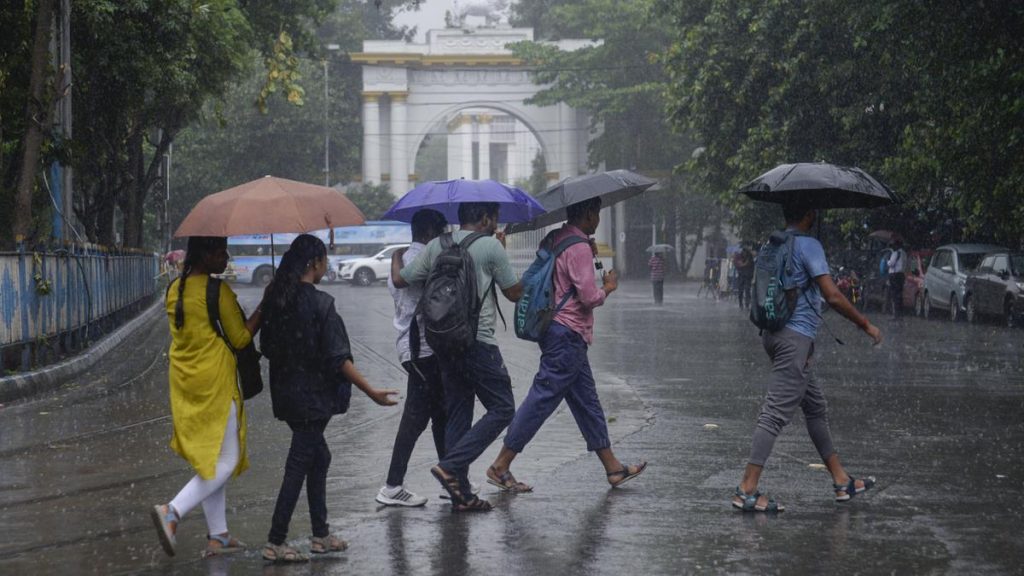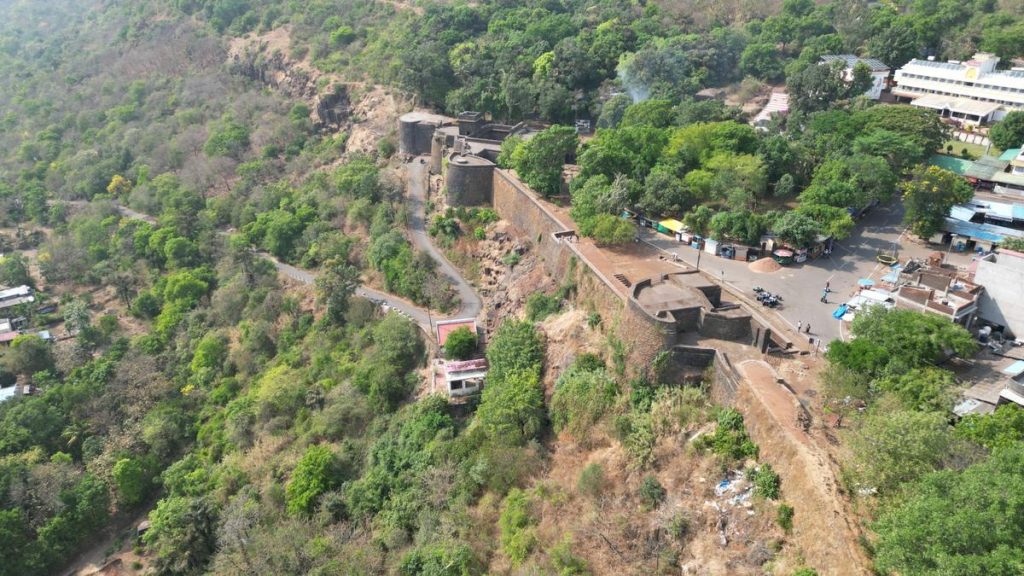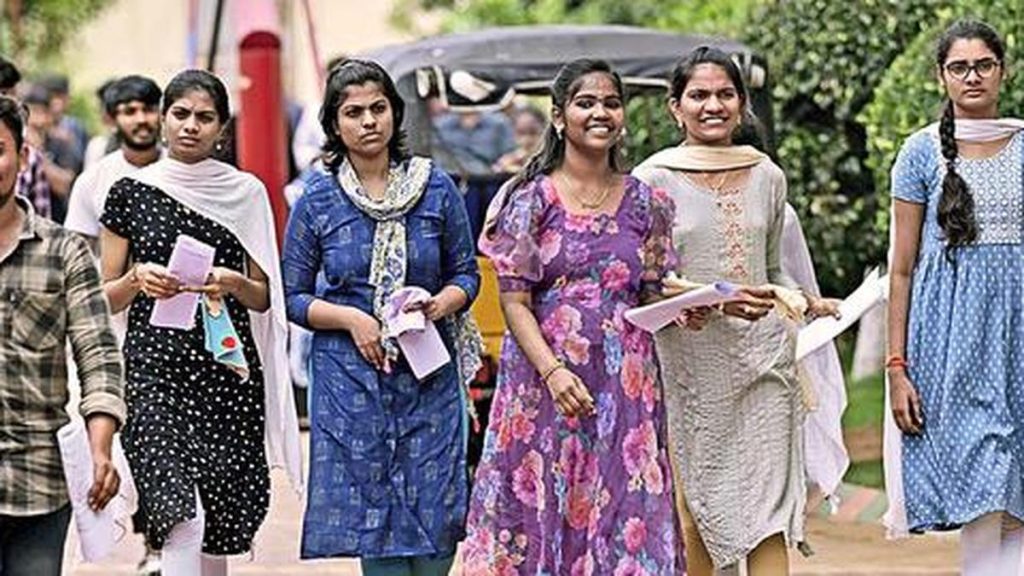Now Reading: Study Finds Pandemic Slowed Global Childhood Vaccination Rates
-
01
Study Finds Pandemic Slowed Global Childhood Vaccination Rates
Study Finds Pandemic Slowed Global Childhood Vaccination Rates
Quick Summary
- Global vaccination report: A study published in The Lancet revealed that global childhood vaccination rates affected by the COVID-19 pandemic had not returned to pre-pandemic levels by 2023.
- India’s role: India was one of eight countries responsible for over half of the world’s 15.7 million “zero-dose” children in 2023. Zero-dose children are those who have not received the first dose of diphtheria, tetanus, and pertussis (DTP).
- Other Countries with Zero-Dose Issues: Brazil,DR Congo,Ethiopia,Indonesia,Nigeria,Somalia,and Sudan were also named among these nations.
- Expert Commentary: Hemen Sarma from Bodoland University stated that while vaccine coverage doubled since 1980 for DTP and other key vaccines like measles and polio globally, progress has slowed substantially post-2010 and worsened during the pandemic.
- Pandemic effects on Immunisation:
– Slow expansion for newer vaccines such as pneumonia and rotavirus.
– Rise in zero-dose children globally from previous lows; peaked at 18.6 million in 2021.
– Likely failure to meet WHO’s goal of achieving a 90% coverage rate by 2030 under current pessimistic scenarios.
- Call for Action:
– Urgent efforts are needed to strengthen healthcare systems globally.
– Focused interventions required in Africa and South Asia to improve accessibility and combat vaccine misinformation.
Indian Opinion Analysis
The study highlights that India plays a significant role in global vaccination challenges but also possesses opportunities to lead targeted solutions due to its extensive healthcare infrastructure capabilities. The designation as one of eight countries with high numbers of zero-dose children underscores structural gaps-particularly in underserved regions-and prompts an urgent need for policy focus on rural outreach programs.
India could leverage lessons from established immunisation campaigns like Mission Indradhanush while working closely with international bodies such as WHO’s ‘Big Catch-Up’ initiative. Additionally, fighting misinformation about vaccines thru public education campaigns will be crucial. From a future perspective, bridging this gap is imperative both nationally-where health outcomes directly impact economic productivity-and internationally-as India helps advance collective goals under frameworks like WHO’s Immunization Agenda.
Read more at source link.


